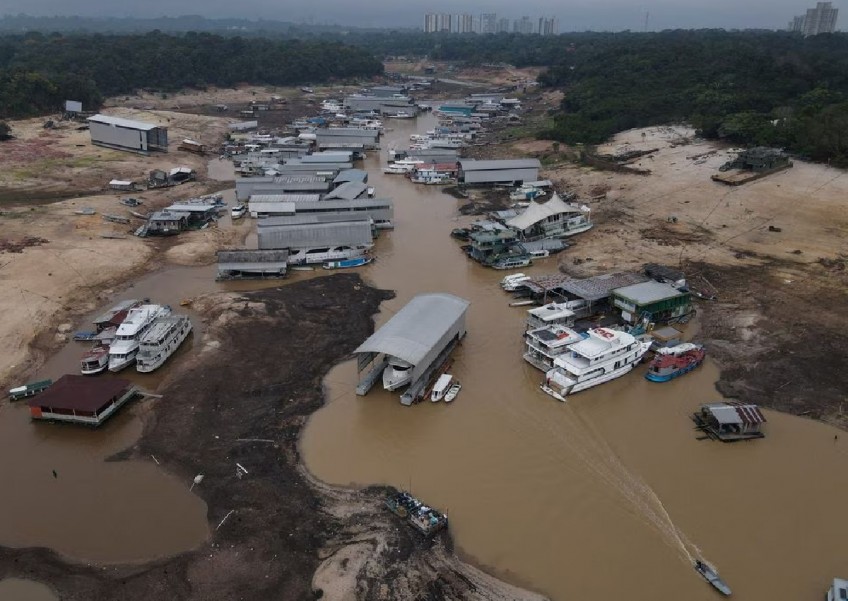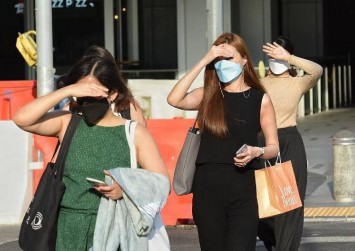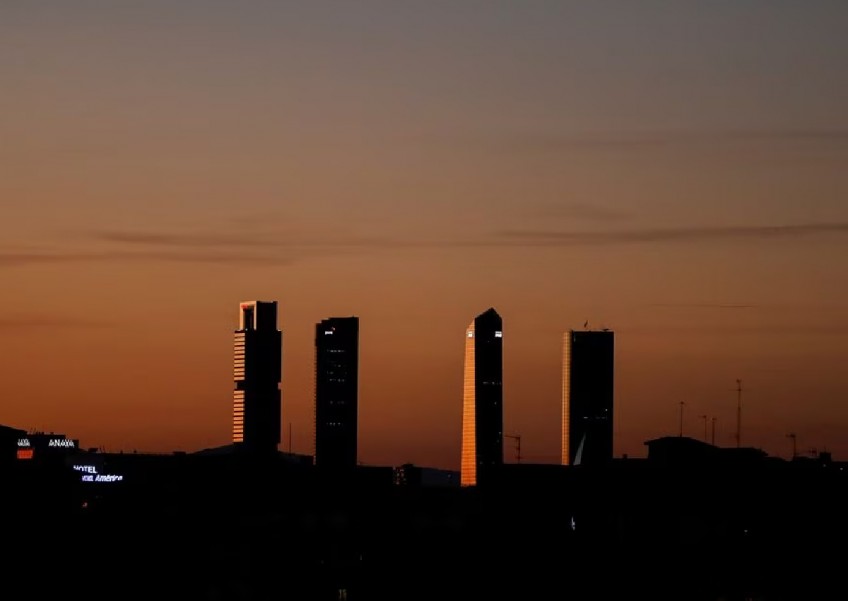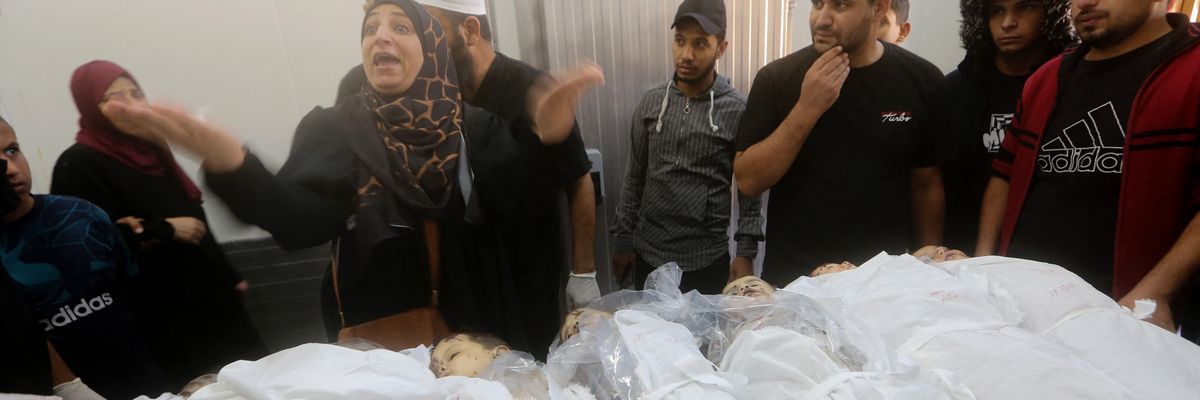CARBON CAPTURE IS GREENWASHING
Carbon capture key to net-zero electricity, but federal timelines too tight: report
, The Canadian Press
Carbon capture and storage is key to greening Canada's electricity grid, but meeting the proposed time frame laid out by the federal government will be extremely difficult based on the current state of the technology, according to a new report.
The report also warns that if federal clean electricity regulations are too stringent, it could scare companies away from investing in emissions-reducing carbon capture altogether.
Carbon capture and storage is a term that describes the use of technology to capture harmful greenhouse gas emissions from industrial processes and store them safely underground, preventing them from entering the atmosphere.
Experts say the large-scale deployment of carbon capture and storage in hard-to-abate sectors like oil and gas production and cement manufacturing will be required if Canada is to have a shot at meeting its climate targets.
Carbon capture and storage units will also need to be installed on natural gas and coal-fired power plants in Alberta, Saskatchewan and Nova Scotia — provinces that don't have significant hydroelectric capacity and as such are still heavily reliant on fossil fuels — if the country is to meet Ottawa's goal of obtaining a net-zero electricity grid by 2035.
But Thursday's report from the Regina-based International CCUS Knowledge Centre urges the federal government to rethink the emissions intensity limits for carbon capture-abated power plants laid out in its draft clean electricity regulations.
The draft regulations currently state that after 2035, fossil fuel-driven power plants will have to meet an emissions performance standard of no more than 30 tonnes of carbon dioxide per gigawatt of electricity produced per year.
That means to be compliant, natural gas-fired power plants would need to achieve a nearly 95 per cent CO2 capture rate, said Beth Valiaho, the CCUS Knowledge Centre’s vice-president of policy, regulatory and stakeholder relations.
She added no carbon capture facility in the world is currently achieving that level of performance. SaskPower's Boundary Dam, for example — the only large-scale carbon capture facility currently installed on a power plant in Canada — has a capture rate of 65 to 70 per cent.
That facility was designed to have a 90 per cent emissions capture rate, but has been plagued by technical issues and equipment failures.
"It doesn't mean it can't be done," Valiaho said, adding many carbon capture technology vendors believe a 95 per cent capture rate is technically achievable.
"I think there is a future state where this works at that kind of high level, but, you know, there's not one operating continuously in the world right now with that type of performance."
Valiaho said many of the problems that have been encountered at Boundary Dam can be avoided at future carbon capture facilities by employing some of the lessons learned at that site.
But she said if the federal requirements are too strict, and power generators have doubt about whether the standards are achievable, they may choose not to invest in carbon capture at all.
Overly stringent regulations could also put operators who installed carbon capture technology in good faith in the position of being non-compliant with the law. Valiaho said under the current draft regulations, Boundary Dam would have to shut down, even though the facility has captured more than four million tonnes of harmful CO2 since operations began in 2014.
"We want to see CCUS go forward. We don't want it to fail because of unachievable standards," she said.
Scott MacDougall, an electricity program director at the Pembina Institute, said carbon capture and storage is an extremely important technology when it comes to reducing emissions from the electricity sector, especially in Saskatchewan and Alberta.
He said he's hopeful the federal government will hear the feedback from industry and build more leniency into the regulations.
"The (clean electricity regulations) should incent the use of CCUS technology and not penalize it," MacDougall said.
"Hopefully they'll take some advice on board about this and make some adjustments down the road."










